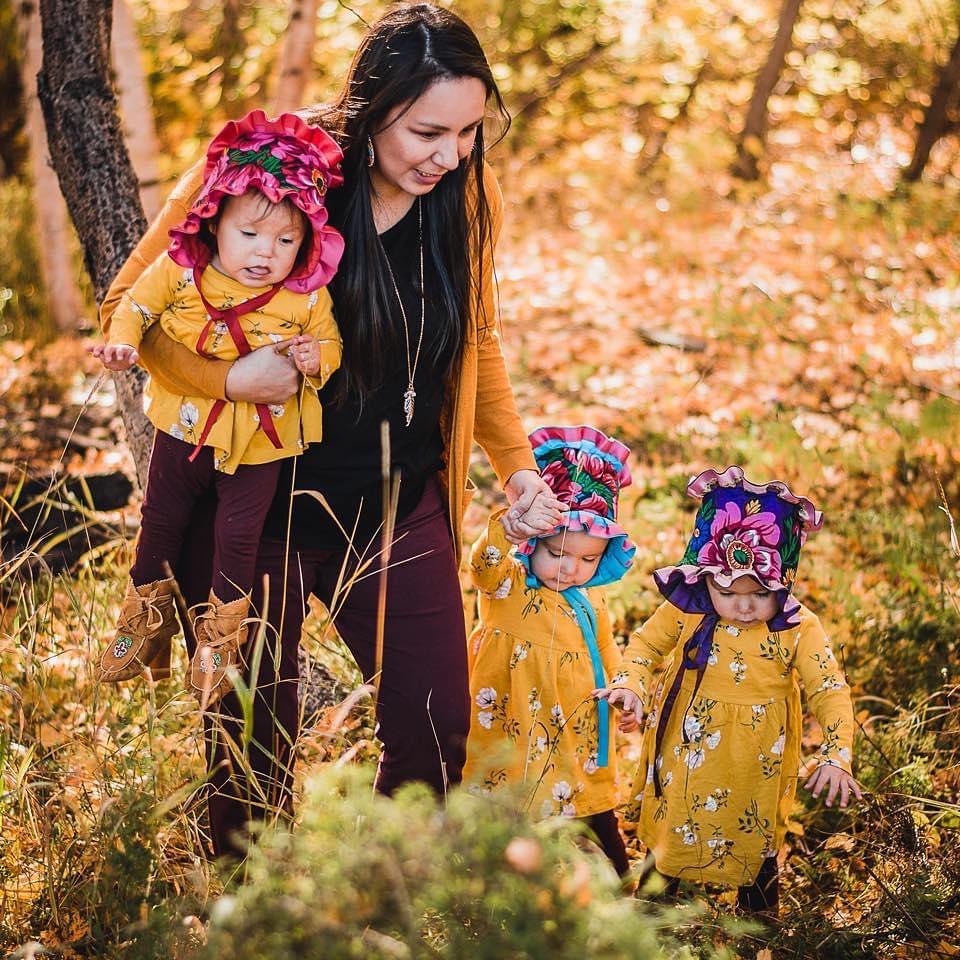First published on 12/16/2020, and last updated on 02/11/2025
Indigenous peoples on Turtle Island (Canada and the USA) have turned to social media for new forms of connection around their foods, lands, waterways, languages and living histories.
By Jeff Corntassel (Cherokee; ICCA Consortium Honorary member)
Pandemics are not new occurrences for Indigenous peoples. Yet for several Indigenous Nations on Turtle Island, COVID-19 has exacerbated food insecurity and adverse health outcomes.
As Indigenous peoples, how do we regenerate our relationships to the land and natural world during the pandemic? Everyday actions bring to light the intimate ways we engage with relatives at the kitchen table, within the ceremony, and other spaces that are often hidden from public view. Focusing on everyday actions allows us to better understand the small-scale dynamics of community resurgence, such as talking stories, sharing food, and the multitude of ways that we nurture and renew our relationships. Often overlooked and unacknowledged, everyday actions are important for understanding how revolutionary and transformative change occurs.
In a new article co-authored with Robynne Edgar, Renée Monchalin and Carey Newman, we examine how Indigenous peoples on Turtle Island have met the challenges of the pandemic in their communities and their daily practices of community resurgence through social media, particularly an Instagram account called “Everyday Indigenous Resurgence”. Drawing on our lived experiences as Indigenous land-based practitioners, we found that social media can offer new forms of connection for Indigenous peoples relating to our foods, lands, waterways, languages and living histories.
In the animated short video “Anishinaabe Pandemic Prophecies” by Yellowhead Institute (2020), Isaac Murdoch (Anishinaabe) states: “All of the Laws that are being broken right now is what’s causing the sickness. Because of this, we have to go back to the old way of life … The Elders are constantly reminding us to go back to the land because it’s the biggest and most powerful healthcare system we have.”
Credit: Isaac Murdoch, Travis Porter, Fallon Simard and Yellowhead Institute.
My co-author Hayalthkin’geme—Carey Newman writes from unceded T’Sou-ke territory:
“The people of this Coast are survivors. Our cultures are fluid and we adapt our traditional and ceremonial ways. Devastating as those diseases were, lessons were learned, and there was eventually healing. But what happens when the source of trauma is continuous? I began to think about colonialism as a disease that went from pandemic to endemic, virulent today in the systems built and upheld by those who they benefit most. People cannot fully heal until the source of their trauma is resolved. As Indigenous peoples that means ensuring that the structures contributing to the dispossession of our lands, languages, and cultures are dismantled and forever changed. The persistence of colonialism means that we are in a perpetual state of survival, unable to heal. I see resurgence as a tool of survival, that when connected the collective work of decolonization and reconciliation, forms the foundation of our pathway to emancipation… Until there is a vaccine for colonialism … i’ax̱a̱latła̱n (I will be working).”
Read more about our experiences and reflections in the full article: https://journals.sagepub.com/doi/full/10.1177/1177180120968156.
Featured image by Willow Fiddler Photography via Everyday Indigenous Resurgence on Instagram
